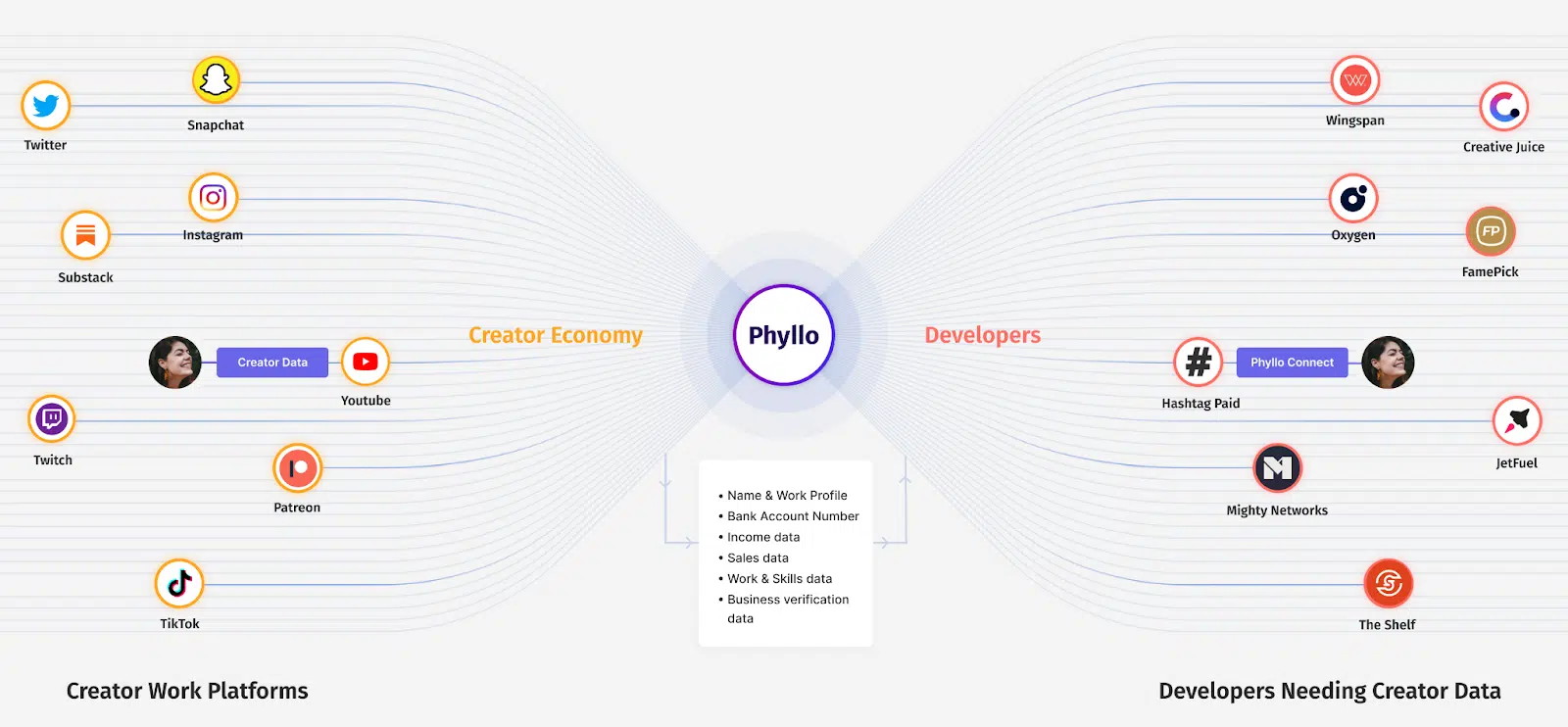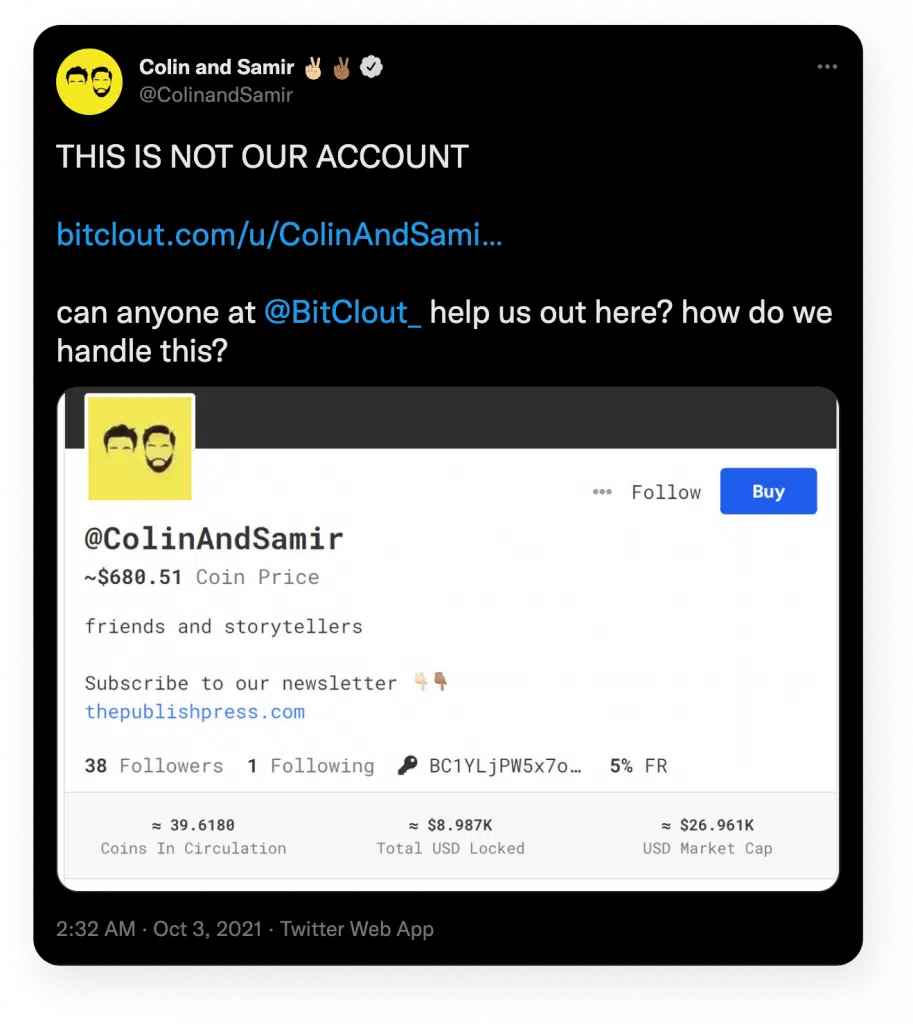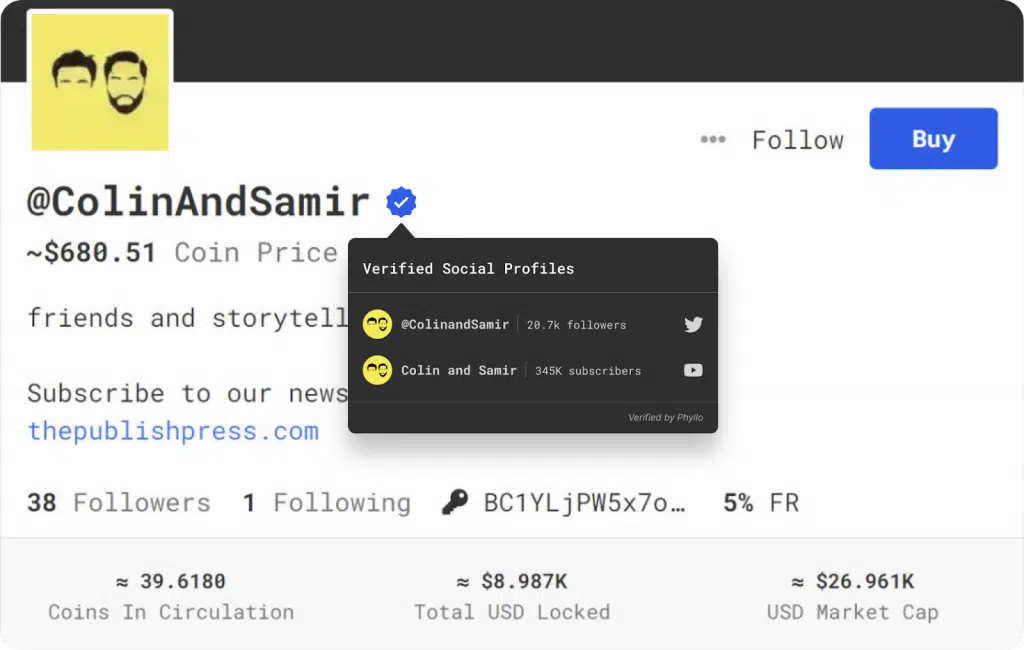The main difference between Web2 and Web3 is the possibility of users owning content in Web3. And the people who benefit the most from this are the creators whose activities and products we follow on YouTube, Instagram, TikTok, etc.
For now, the number of Web3 products is much smaller than in Web2, but it will rise significantly soon, believes Achintya Gupta.
Achintya is the founder of API for creator data Phyllo. His team connects creators with brands and influencer marketing platforms, helps them to provide their data and therefore earn money quicker and easier.
In an interview with Achintya for buidlbee, we talked about how Web3 affects the creator economy and vice versa.
The brand new newsletter with insights, market analysis and daily opportunities.
Let’s grow together!
Web3 platforms have the same problems as Web2
“Creator economy today has a big data gap,” starts Achintya. “Even popular platforms like YouTube have a problem with the proof of professional identity or proof of work and income — data covering it is locked inside these platforms.”

Achintya claims that the problem is relevant not only to Web2. “If you look at Web3 creators, somebody is helping them publish NFTs, monetize content, etc. And we felt that all these people needed the creators’ data.”
That is why Phyllo was founded. It solves this problem easily, unlocking data and being a data transfer agent for the creator. To use it, the creator permits the data to be shared with anybody who might need it — typically businesses and developers building tools and services for creators.
“It’s a new technology,” says Achintya. “We don’t have direct competitors. Some companies have tried to do the same by scraping publicly available data. We, however, have wanted to build a solution in partnership with supply-side platforms.”
One of those platforms is Karat — a credit card provider. Partnership with it helps Phyllo confirm the social identity of the creator.
“Platforms like OpenSea have a massive identity problem. They are not able to recognize who is the right creator. So we solve it as well,” explains Achintya.
Creators will be most affected by the Web3 boom
The option of connecting with Web3 platforms will appear in Phyllo in a couple of months.
“We are very enthusiastic about adopting Web3 in the creator economy,” shares Achintya. “Because, when creators move to Web3 platforms, for them, it means they really own their content.”
Achintya is sure that there will be a rise of Web3 for creators, and this process will democratize the data.
“The best thing is that the aggregator like us would be in demand even more,” he says. “I think businesses who have invested in us did that because of general confidence in the creator economy. Creators today are digital native assemblies of tomorrow.”

Phyllo makes money on companies, not creators
Achintya compares the creator economy, especially in Web3, with the Fintech sector 5–8 years ago. Something new, innovative, and prospective — including opportunities in terms of money.
“Our core value proposition is that we help creators earn more by sharing their data,” he emphasizes. “Our customers are the ones who pay creators, but they need us as [a] data pipe. So you can think of Phyllo as a data infrastructure layer.”
He claims that the moment you make data sharing easy, many problems of the creators go away. For example, without Phyllo, creators share their data with brands for whom they are running campaigns through screenshots. And with the API, brands can see real-time data flows.
“The good thing about our business, which I am very proud of, is that we are linked to the success of a customer,” Achintya adds. “We only earn when a creator successfully connects their account to one of their customers. And we charge by connected customer account. So the development of Web3 platforms is very profitable for us. And we hope to bring even more value to the creators along with their transition to DAO.”








